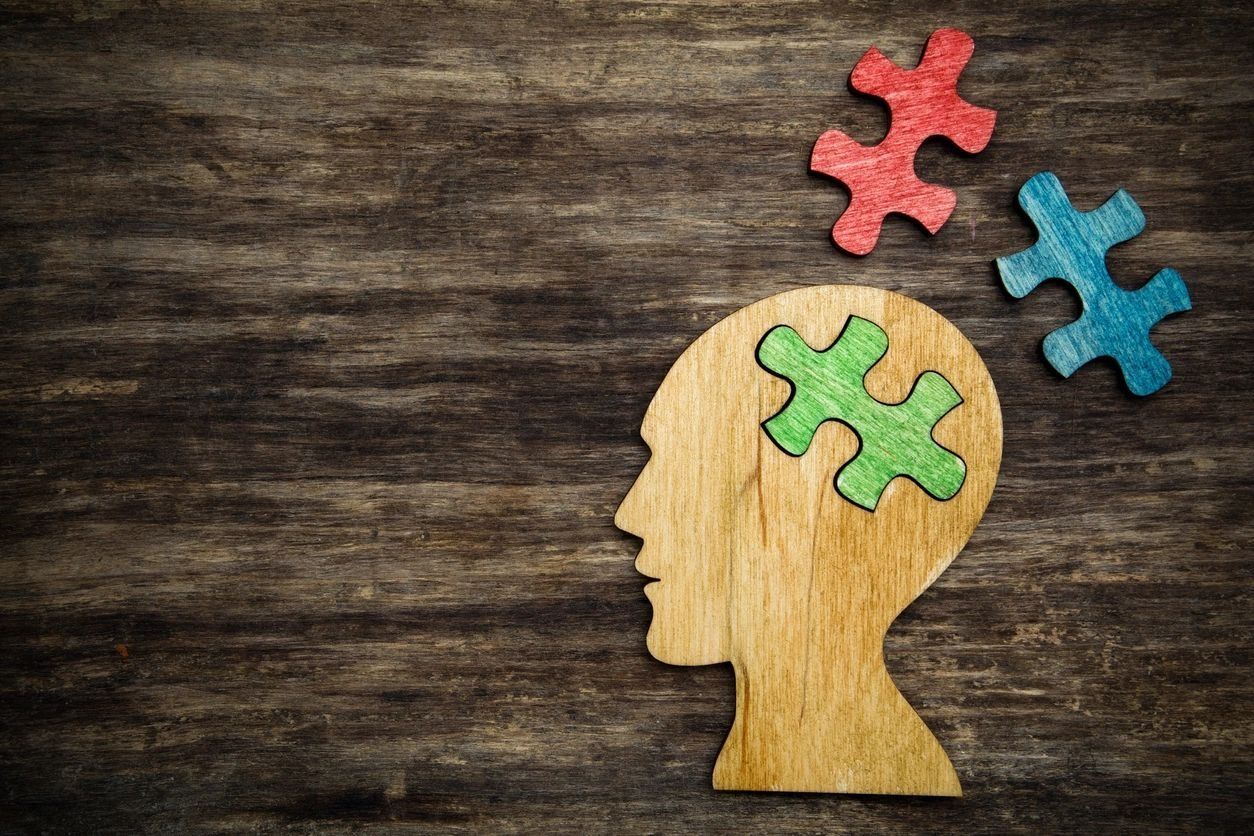
Anxiety in children aged 5 to 12 can present in various ways. Children in this age group have more developed language skills compared to younger children, so they may be able to express their feelings more clearly. Here are some common symptoms:
- Excessive worry: Children may worry excessively about a wide range of things, such as school performance, friends and social interactions, family issues, or health concerns.
- Physical symptoms: Anxiety can show in physical symptoms such as stomachaches, headaches, muscle tension, fatigue, dizziness, or nausea. When seen by a physician or pediatrician, the symptoms may not have an identifiable medical cause.
- Perfectionism: Some anxious kids may have perfectionistic tendencies and be overly critical of themselves. They may strive for perfection in their schoolwork, sports, or other activities. They fear failure or disappointing others.
- Avoidance behaviors: Children may avoid situations or activities that trigger their anxiety, such as school, social events, or trying new things. They may also avoid talking about their worries or feelings since they fear this causing more stress.
- Difficulty concentrating: Anxiety can make it challenging for children to focus on tasks, pay attention in class, or complete assignments. They may become easily distracted or have racing thoughts.
- Restlessness or irritability: Anxious children may exhibit restlessness, agitation, or irritability. They may have difficulty sitting still, be easily frustrated, or have frequent outbursts of anger or frustration. Some parents and kids think their child has attention issues though at times, it is simply the anxiety interfering.
- Sleep disturbances: Anxiety can interfere with sleep, causing difficulties falling asleep, staying asleep, or experiencing restful sleep. Children may have nightmares or night terrors related to their worries. Some children continue to want to sleep with parents or with a sibling.
- Social withdrawal: Some anxious children may withdraw from social activities or isolate themselves from peers. They may have difficulty making friends or participating in group activities due to fear of rejection or embarrassment.
- Physical complaints: Children may frequently complain of physical symptoms such as stomachaches or headaches, especially before or during anxiety-provoking situations.
- School refusal: Anxiety about school can lead to school refusal or reluctance to attend classes. Children may express fears about academic performance, social interactions, bullying, or separation from parents.
It's important for parents, teachers, and caregivers to recognize these symptoms and provide support to children experiencing anxiety. Professional intervention from a pediatrician, therapist, or school counselor may be necessary if anxiety symptoms are severe, persistent, or significantly interfere with the child's daily functioning and well-being.
Share this post:

